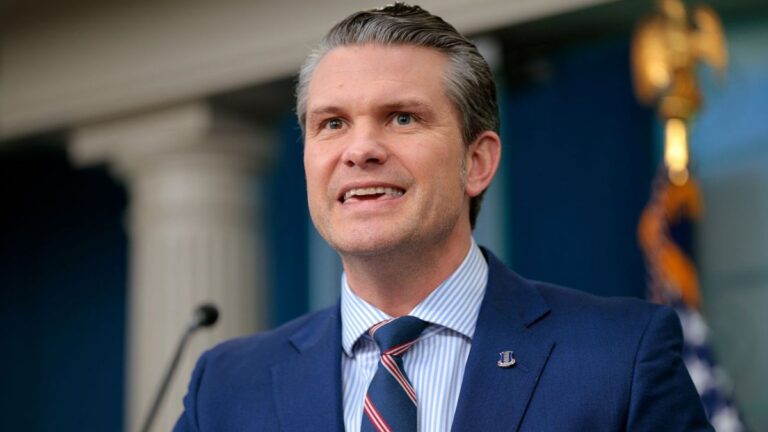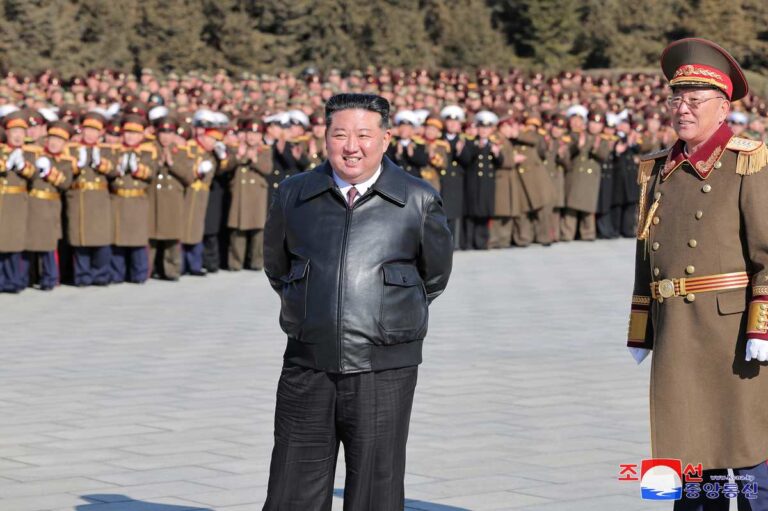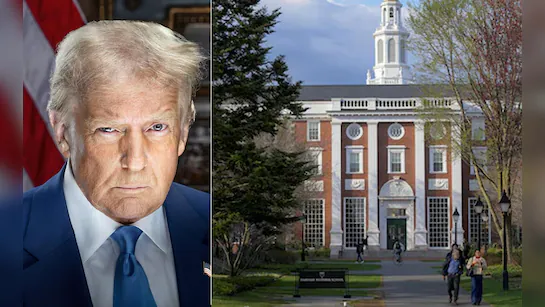
The announcement made by the Trump administration to “aggressively” revoke the visas of Chinese students shook academic communities and escalated tensions on the geopolitical stage. This policy targeted specific Chinese nationals studying in the U.S.—sparking both outrage and mixed opinions, as experts debated its potential impact on national security, education, and U.S.-China relations. But what does this policy entail, and why has it caused such uproar across the globe?
This blog deep-dives into the particulars of this controversial visa revocation policy. We’ll explore its background, its effects on Chinese international students, China’s reaction, and the larger implications for academic institutions and global relations.
Background of the Policy
The Trump administration framed this visa revocation policy as part of its broader national security measures. Officials stated that certain Chinese nationals, particularly those with direct or indirect ties to the Chinese government or military, posed risks of intellectual property theft and espionage.
This policy gained momentum as the U.S. government voiced growing concerns about protecting cutting-edge research at American universities, particularly in fields like AI, quantum computing, and military technology. By targeting these students under the broader “China Initiative,” the administration intended to reduce perceived threats while reinforcing national security interests.
The policy aligns with a series of measures taken to counter China’s rise as a global economic and technological power. However, critics have questioned whether this approach unfairly penalizes students while creating broader diplomatic tensions.
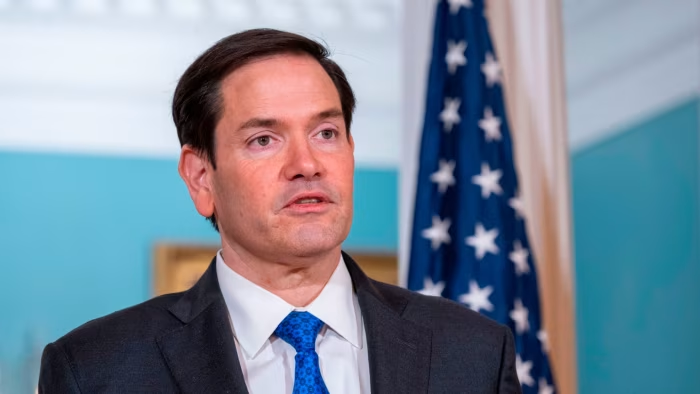
Details of the Visa Revocation
Who Is Affected?
The policy primarily impacts Chinese graduate students and researchers in STEM-related fields. Students linked to Chinese institutions with military or government ties face the highest scrutiny. Those pursuing advanced studies in sensitive areas like robotics, biomedicine, and aerospace technology are among the most affected.
What Are the Criteria?
The Trump administration provided limited transparency on how it determines which students pose national security threats. However, visa denial letters often cite vague justifications such as “inconsistent travel history” or affiliation with key Chinese universities tied to their military-industrial complex.
Statistics revealed that over 1,000 Chinese students and researchers had their visas canceled or revoked under this policy. Uncertainty about eligibility criteria has created fear among Chinese students still studying in the U.S. or aspiring to apply.
Broader Context
The visa revocations were wielded under Proclamation 10043, signed by then-President Trump in 2020. The proclamation specifically prohibited certain Chinese nationals from entering the U.S. for higher education or research deemed to undermine national security.
While aimed at select groups, critics argue this policy painted thousands of legitimate students, with no government or military affiliations, as potential risks.
Impact on Chinese Students
Academic Pursuits Halted
For many students, visa revocations abruptly ended academic aspirations. Some were midway through vital programs; others had research partnerships with American universities abruptly severed. Students lost access to resources, laboratories, and collaborations, leaving unpublished work in limbo.
Career Uncertainty
By canceling their educational opportunities, many students faced hurdles re-entering the academic or professional world. Concerns over future visa restrictions placed further strain on their ability to relocate to U.S.-allied countries for education or work.
Emotional Toll
A significant emotional burden came with the policy. Students reported feelings of betrayal and anxiety, fearing rejection simply for their nationality. Stories of being stopped at airports and interrogated fueled distrust and stress among China’s academic diaspora.
Table example:
| Impact Area | Effects on Students |
|---|---|
| Academics | Loss of study programs, discontinued research opportunities |
| Professional Growth | Job rejections, concerns over global mobility |
| Emotional Wellbeing | Anxiety, fear, discrimination based on nationality |
Chinese Government’s Response
China swiftly condemned the policy, calling it discriminatory and a violation of educational exchange agreements between Beijing and Washington. Officials accused the U.S. administration of using national security measures to push anti-China rhetoric.
Concerns were also raised regarding whether this policy would discourage long-standing academic cooperation between top universities in China and the United States. Institutions in Beijing urged bilateral talks to protect Chinese students while fostering mutual academic respect.
China responded by urging students to “stay vigilant” when applying to American universities. Efforts were ramped up to position Chinese universities as viable alternatives, with promises of competitive funding and facilities.
Debate and Controversy
Supporters of the Policy
Proponents argue the visa revocation policy is a necessary national security measure. They highlight:
- Protection of Intellectual Property: Safeguarding sensitive technology from being leaked to foreign adversaries.
- Mitigating Espionage Risks: Citing specific cases of Chinese nationals charged with spying.
- Pressure on China: Sending a strong message that U.S. interests must be respected in bilateral relations.
Critics of the Policy
Opposition to the policy hinges on the broader consequences and ethical concerns:
- Discrimination: Critics argue this policy unfairly stereotypes Chinese nationals as security threats.
- Damage to Academia: Losing talented students weakens American research output and innovation.
- Diplomatic Fallout: Creating mistrust among U.S.-China relations exacerbates existing tension.
The debate continues as policymakers grapple with balancing national security interests against the values of inclusivity and academic freedom.
Legal Challenges
Several international student organizations filed lawsuits challenging Proclamation 10043, arguing it violated the rights of Chinese students with no proven ties to espionage.
One landmark case saw Chinese nationals advocating for better transparency in visa review processes. However, many of these challenges are still pending or have been dismissed, leaving affected students without definitive rulings.
Legal experts argue that while the policy operates within immigration law frameworks, its unclear criteria mean it borders on unjust discrimination. Consequently, calls for policy reviews have gained traction.
Broader Implications
US-China Relations
The visa revocation policy amplified tensions in an already fraught U.S.-China relationship. From ongoing trade wars to this education-driven measure, it highlights how both nations are recalibrating their modern priorities.
Academic Collaboration
Key institutions like MIT and Stanford have raised alarms about diminished international academic exchange. Historically, Chinese students have contributed significantly to joint research projects and advanced America’s reputation as a leader in global education.
Signal to the World
Beyond targeting Chinese students, the policy sends a troubling message to other countries about America’s commitment to openness. Long-term, it risks damaging U.S. “soft power.”
Pros and Cons table example
| Pros | Cons |
|---|---|
| Protects sensitive research | Disrupts academic exchanges |
| Mitigates espionage risk | Furthers racial discrimination |
| Reinforces national security | Harms U.S.’s global education reputation |
People Also Ask
Q1. Who is affected by the U.S. visa revocation policy targeting Chinese students?
A1. Grad students in STEM fields or those with ties to China’s government face scrutiny.
Q2. Can Chinese students still apply to U.S. universities?
A2. Yes, but applications are subject to enhanced screening under Proclamation 10043.
Q3. What are the implications of banning academic visas?
A3. It risks harming U.S.-China relations, academic collaboration, and research progress.
Q4. Is the visa policy permanent?
A4. The extent of its enforcement depends on future administrations and bilateral agreements.
Q5. Has China retaliated against this policy?
A5. China has condemned the policy, bolstered its own universities, and increased funding initiatives for affected students.
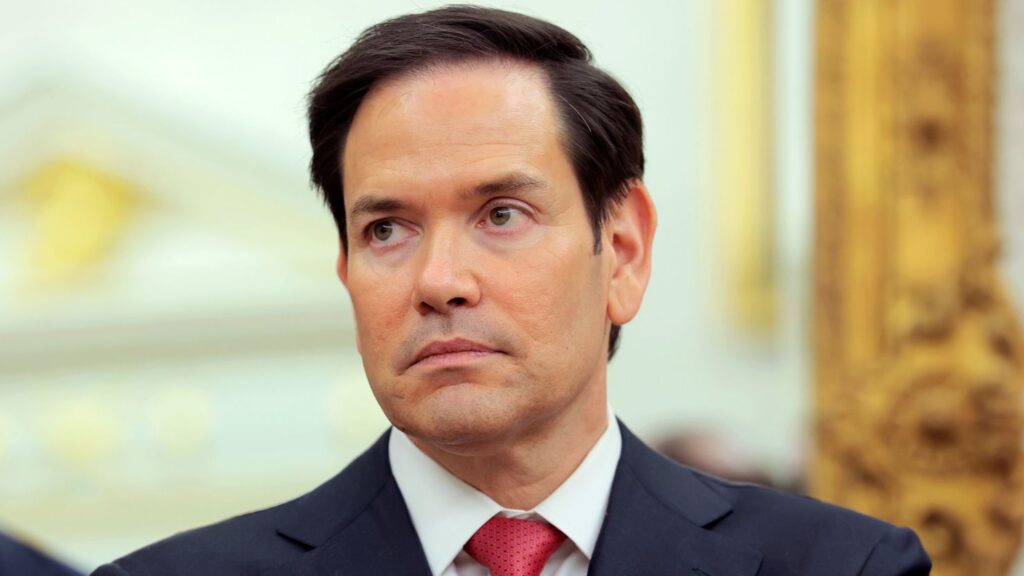
The Future of Education and Policy Reform
The Trump administration’s aggressive visa revocation policy highlights the intersection of security, politics, and academia. While protecting intellectual property and research integrity is paramount, broad-brush policies targeting students risk collateral damage to international education.
Reform lies ahead as the U.S. reassesses its global academic partnerships. Building transparent processes and fostering open dialogue may be key to maintaining both security and a global reputation as a leader in higher education


